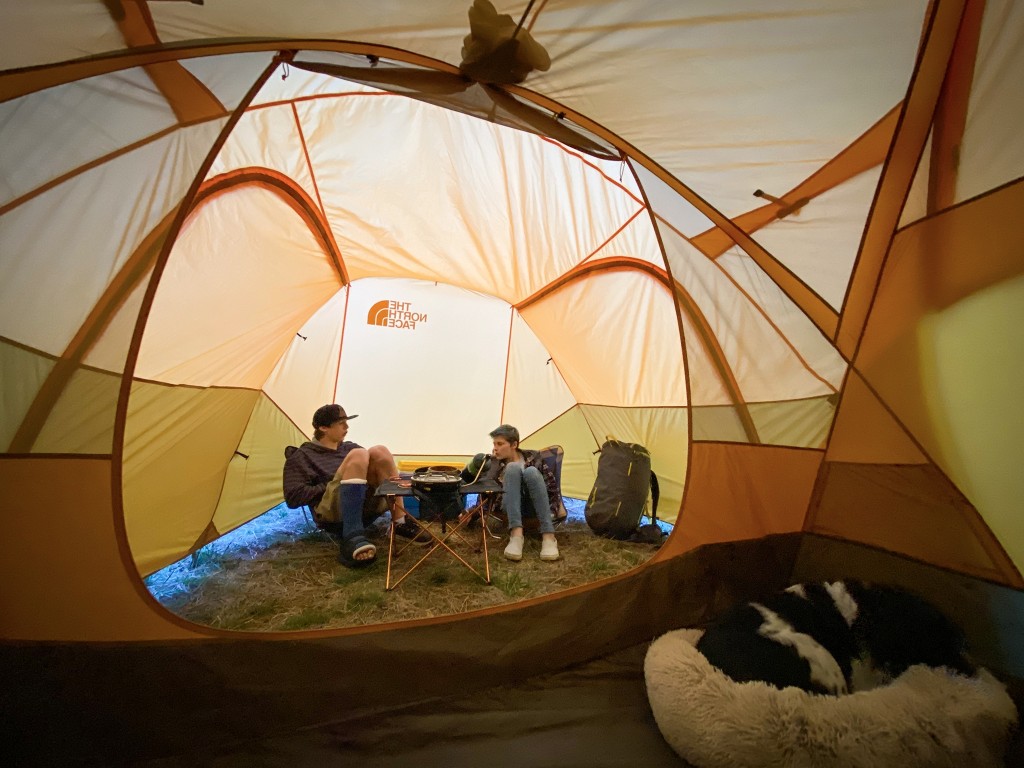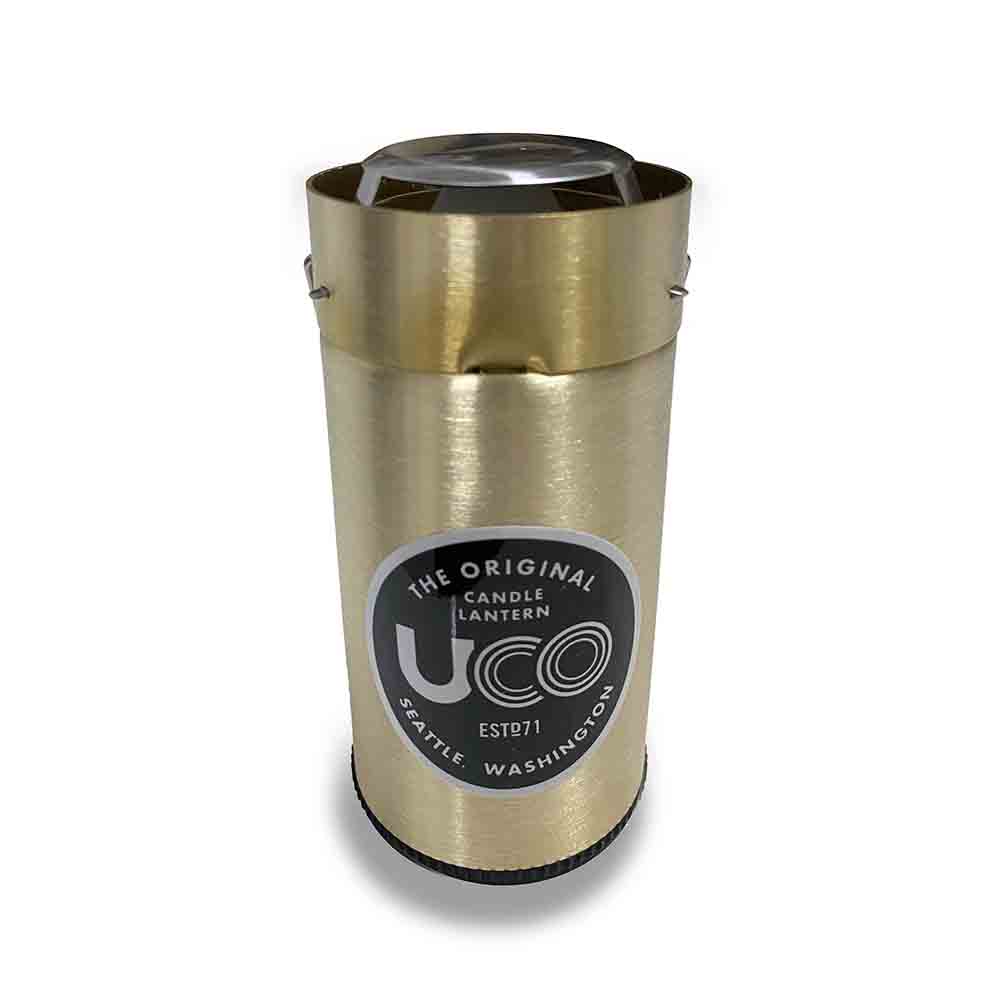There’s a profound allure in embracing nature’s embrace, with nothing between you and the wild but a thin sheet of fabric. For many, camping is the epitome of a refreshing retreat. However, in challenging weather conditions, you’ll wish you had more than just any tent; you’ll be grateful for a camping tent heavy duty in its design. But what exactly sets these tents apart from the regular ones? Let’s delve deeper.
Key Features to Look for in a Heavy Duty Camping Tent:
First and foremost, it’s crucial to recognize the pivotal features that differentiate a standard tent from a heavy-duty variant. Often, when shopping for one, there are certain boxes it needs to tick. These include, but aren’t limited to, reinforced stitching, thicker fabric, robust zippers, and a sturdy framework. These tents aren’t merely for shelter; they are designed to withstand rigorous weather conditions, ensuring safety and comfort.
Understanding the Craftsmanship Behind Heavy Duty Tents:
Behind every camping tent heavy duty in construction is a tale of impeccable craftsmanship. It’s not merely about using tougher materials but employing techniques that enhance durability. For instance, many employ rip-stop fabric to prevent minor tears from escalating. Furthermore, the poles’ design often interlocks, ensuring they remain in place even when winds try to uproot them. It’s this meticulous attention to detail that sets these tents apart.
Material Matters: The Fabrics and Poles that Define Heavy Duty Tents:
Indeed, while craftsmanship plays its part, the choice of materials is equally critical. Typically, polyester or nylon is used for the tent’s body due to their balance of lightness and strength. However, with a camping tent heavy duty in design, these materials are often thicker and sometimes treated for additional water and UV resistance.
Poles, the skeleton of the tent, are predominantly made from aluminum or fiberglass in most tents. In heavy-duty variants, however, you’re likely to find thicker aluminum poles, known for their blend of strength and lightness.
Ventilation, Space, and Strength: A Deep Dive into Heavy Duty Tent Features:
Lastly, let’s address some features that often fly under the radar but are vital. Ventilation is paramount. A good camping tent heavy duty in build doesn’t skimp on this. Ample mesh windows, adjustable vents, and a breathable fabric are essential, especially in rain, to combat condensation.
Space, too, is a significant concern. Many wrongly assume that strength implies compromise on space. On the contrary, these tents often utilize their robust framework to provide spacious interiors, ensuring comfort isn’t sacrificed for resilience.
In essence, when contemplating a heavy-duty tent, it’s a harmonious blend of strength, functionality, and comfort that one must seek.
Why a Heavy Duty Camping Tent is a Worthwhile Investment
For outdoor enthusiasts, the importance of a good-quality shelter cannot be stressed enough. Among the various tent options available in the market, the camping tent heavy duty stands out as a premier choice for many. But what makes it such a worthwhile investment?
First and foremost, when you’re out in the wilderness, the unpredictability of nature requires preparation. Heavy duty tents are designed to handle diverse weather conditions, from strong gusts of wind to unexpected downpours. Unlike their lightweight counterparts, these tents are built with materials meant to endure and protect.
The Advantages of Choosing a Heavy Duty Tent for Your Outdoor Adventures
Transitioning into the specific advantages, it’s evident that the durability of these tents ranks top. They’re made with reinforced stitching, robust poles, and high-denier fabrics. This ensures that the tent remains intact even in challenging situations, providing the security that every camper seeks.
Another significant advantage is their lifespan. Given their sturdy construction, these tents tend to outlast the regular ones. So, while the initial investment might be higher, in the long run, it proves to be cost-effective.
Moreover, the space and comfort provided by a heavy duty tent are unparalleled. They’re typically more spacious, ensuring that campers don’t feel cramped, a crucial aspect for those long camping trips.
Weathering Any Storm: Benefits of Heavy Duty Camping Tents
As the heading suggests, one of the prime benefits of opting for a camping tent heavy duty is its resilience in turbulent weather. Whether you’re facing torrential rain or blustering winds, these tents stand firm. Their structured build, combined with waterproof and wind-resistant features, makes sure that the inside of the tent remains a safe haven, regardless of the storm brewing outside.
Different Varieties of Heavy Duty Camping Tents: A Guide
The world of heavy duty tents isn’t monolithic. Several types cater to varied needs. Let’s delve deeper into some of the popular ones:
- Cabin Tents: Known for their vertical walls and room-like structure, cabin tents offer maximum space, making them ideal for family campouts. Their design often includes multiple rooms and windows, ensuring ventilation and a homely feel.
- Geodesic Tents: Recognized by their intersecting poles, geodesic tents are the epitome of stability. The design distributes stress across the structure, making it perfect for extreme weather conditions, especially in mountainous terrains.
- A-Frame Tents: Reminiscent of the classic tent shape, A-Frame tents are simple yet effective. They are easy to pitch and provide a cozy shelter. However, they might not offer as much space as cabin tents.
Comparing Cabin, Geodesic, and A-Frame Heavy Duty Tents
When deciding on the right tent, it’s essential to understand their differences. Cabin tents, with their spacious interiors, are perfect for those leisurely trips with family and friends. If you’re heading towards challenging terrains or expect harsh weather, a geodesic tent should be your pick, thanks to its stability and robustness. On the other hand, for shorter trips or when simplicity is key, an A-Frame tent will do the trick.
The Central Role of a Reliable Tent in Camping Success
Camping is an age-old pastime, allowing people to connect with nature, find peace away from the city bustle, and bond with friends and family. At the heart of this experience lies a simple yet critical component: the tent. A reliable tent provides a home away from home, a haven from the elements, and a cozy corner to relax and sleep. But not all tents are created equal. Herein lies the significance of the camping tent heavy duty classification.
Why a Heavy Duty Tent is Essential for Long-Term Camping
For occasional weekend campers, a standard tent might suffice. But for those embarking on extended camping trips or setting up camp for weeks or even months, a heavy-duty tent becomes imperative. The materials in a camping tent heavy duty are designed to resist wear and tear. From the rugged tent floor that can handle high foot traffic to the thick, weather-resistant outer layers designed to keep out heavy rain, wind, and even snow, these tents are made to last. Additionally, they can withstand repeated setups and takedowns, a crucial feature for those on the move. Their durability ensures that your investment pays off in the long run, saving you money, time, and potential discomfort.
Camping in Extreme Conditions: The Importance of a Heavy Duty Shelter
Every camper dreams of clear skies, gentle breezes, and balmy nights. Yet, nature is unpredictable. From scorching sun to torrential downpours and gusty winds, extreme conditions can arise, even if the forecast seemed benign. In such situations, the difference between a memorable camping trip and a miserable one often boils down to the shelter you’ve chosen.
A camping tent heavy duty is designed with such extremes in mind. With reinforced poles, wind-resistant designs, and superior waterproofing, these tents don’t just stand up to challenging conditions; they excel in them. They offer peace of mind, knowing that no matter what nature throws your way, you have a safe and sturdy shelter to retreat to.
Comparing Heavy Duty Tents with Standard Camping Tents
At first glance, there might not seem like much difference between a standard camping tent and a heavy-duty one. Both offer shelter, both have zippers, and both provide a space for relaxation and sleep. But the devil is in the details.
A standard camping tent is typically designed for fair-weather use. Lightweight materials are favored for ease of transport, making them less resilient to rough conditions. These tents can be great for short trips in predictable weather but might falter under prolonged exposure to harsh elements.
On the other hand, a camping tent heavy duty is a fortress. Though possibly slightly heavier, the additional weight comes packed with features: stronger zippers, tougher materials, reinforced stitching, and a design built to withstand nature’s moods. Their durability makes them ideal for those who camp frequently or in varied locations, where conditions can change swiftly.
Why Choose a Heavy Duty Tent Over a Lightweight Model?
For many outdoor enthusiasts, there’s a perennial debate that arises when considering their gear: should one opt for the minimalist charm and lightness of a lightweight model, or the durability and resilience of a camping tent heavy duty? While both have their own sets of advantages, there are certain undeniable reasons that make the latter a worthy investment for many.
To begin with, a heavy-duty tent provides superior protection against extreme weather conditions. Whether you’re faced with heavy rains, strong winds, or even snow, these tents are built to withstand the elements. Transitioning from an ordinary tent to a heavy-duty model, you’ll notice that the materials are thicker, the poles sturdier, and the overall design more robust. In essence, they are meant to offer a safe haven, even in the harshest of environments.
Battle of the Tents: Heavy Duty vs. Regular Tents – Which Wins?
When pitched against each other in the arena of durability and protection, the camping tent heavy duty variant undoubtedly has an edge. Regular tents are generally designed for fair-weather camping and might not hold up well under continuous exposure to severe weather. The fabrics might tear, the poles might snap, and the overall integrity of the shelter might be compromised.
On the other hand, heavy-duty tents are specifically crafted to combat these challenges. The reinforced stitching, superior quality materials, and rugged construction ensure that the tent not only stands firm but also ensures the safety and comfort of its inhabitants.
Moreover, while lightweight tents are easier to carry, the heavy-duty tents offer longevity. In the long run, investing in a camping tent heavy duty model can be more economical since it negates the need for frequent replacements.
Making the Right Choice: Evaluating Heavy Duty Tents Against Other Options
Before making a purchase, it’s crucial to evaluate your camping needs. If you’re an occasional camper, heading out only during the best weather conditions, a regular tent might serve you just fine. However, for those who love venturing into the wilderness irrespective of the forecast, a heavy-duty tent becomes almost non-negotiable.
Moreover, if you’re planning extended camping trips or setting up a base camp for several days, the durability and reliability of a heavy-duty tent become essential. These tents are not just about withstanding the weather; they also offer enhanced features like better ventilation, more space, and advanced anchoring systems, ensuring a comfortable camping experience.
Conclusion
In the great outdoors, where unpredictability is the only constant, having a reliable shelter can make all the difference. While lightweight tents have their appeal, especially for backpackers and those on the move, the merits of a camping tent heavy duty design are hard to overlook. Offering a blend of durability, protection, and comfort, these tents stand as a testament to their name – heavy duty. When you’re out there, surrounded by nature’s raw beauty, it’s comforting to know that you have a sturdy shield, ready to brave the elements alongside you.





